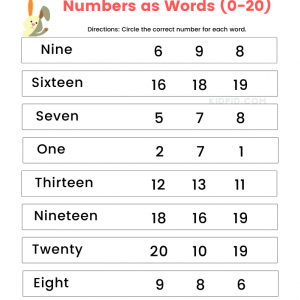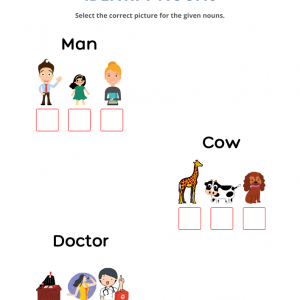Activity › Discussion › Essay › Indian Festivals
Tagged: Indian Festivals
-
Indian Festivals
Posted by Kunal on February 22, 2024 at 6:00 pmWrite an essay on ‘Indian Festivals’.
Bharti replied 2 months, 2 weeks ago 2 Members · 1 Reply -
1 Reply
-
::
Title: Indian Festivals: A Tapestry of Culture, Tradition, and Celebration
Introduction:
India, a land of diversity and vibrant traditions, is renowned for its rich tapestry of festivals. Throughout the year, Indian festivals serve as a kaleidoscope of colors, music, rituals, and joyous celebrations that showcase the nation’s cultural heritage. These festivals reflect the deep-rooted religious, social, and cultural fabric of the country, fostering unity and harmony among its people. In this essay, we will explore the significance, diversity, and the spirit of celebration that define Indian festivals.Religious Festivals:
Religion plays a crucial role in Indian festivals, with various religious communities celebrating their revered deities and auspicious occasions. Diwali, the festival of lights, is one of the most widely celebrated festivals in India. It signifies the victory of light over darkness and good over evil. During Diwali, homes are adorned with oil lamps, colorful decorations, and fireworks illuminate the night sky. Another significant religious festival is Holi, the festival of colors, which marks the arrival of spring. People joyfully smear each other with vibrant colored powders and water, symbolizing the triumph of love and harmony.Cultural Festivals:
Beyond religious festivals, India also celebrates a myriad of cultural festivals that showcase the diverse traditions and regional heritage of the country. Navratri and Durga Puja are celebrated with great fervor in various parts of India, especially in the states of Gujarat, West Bengal, and Assam. These festivals honor goddess Durga and involve elaborate dance performances, music, and processions. The festival of Pongal, celebrated in South India, commemorates the harvest season and pays tribute to farmers. It involves traditional cooking rituals, the decoration of cattle, and cultural performances.Harvest Festivals:
Harvest festivals hold great significance in an agrarian country like India, where agriculture has been a way of life for centuries. Baisakhi, celebrated predominantly in the state of Punjab, marks the harvest season and the foundation of the Khalsa Panth. It is a time of joyous celebrations, folk dances like Bhangra and Giddha, and feasting on traditional cuisine. Makar Sankranti, observed in various parts of India, marks the transition of the sun into the zodiac sign of Capricorn. The festival is celebrated with kite flying, bonfires, and the consumption of traditional sweets made from sesame seeds and jaggery.Unity in Diversity:
Indian festivals exemplify the country’s unity in diversity, as people from different religions, languages, and regions come together to celebrate. Eid-ul-Fitr and Eid-ul-Adha are celebrated by the Muslim community with prayers, feasts, and sharing of sweets. Christmas, commemorating the birth of Jesus Christ, is celebrated with great enthusiasm by Indian Christians. The Ganesh Chaturthi festival, dedicated to Lord Ganesha, is celebrated by Hindus across India, with the grandest celebrations taking place in Maharashtra.Conclusion:
Indian festivals are a vibrant reflection of the country’s cultural ethos, religious diversity, and deep-rooted traditions. They bring people together, transcending societal barriers and fostering a sense of communal harmony. These festivals are not only a time for celebration but also serve as a reminder of the values, spirituality, and unity that form the essence of Indian society. As India continues to evolve, its festivals remain an integral part of its identity, preserving its cultural heritage for generations to come.
 Naming Numbers Worksheets for Grade 1
Naming Numbers Worksheets for Grade 1  Tracing Letter Writing Foundational Worksheet
Tracing Letter Writing Foundational Worksheet  Write 4 Letter Words Worksheet for Grade 1
Write 4 Letter Words Worksheet for Grade 1  Nouns With Pictures Worksheets for Grade 1
Nouns With Pictures Worksheets for Grade 1  Animal Adjectives Flashcards
Animal Adjectives Flashcards